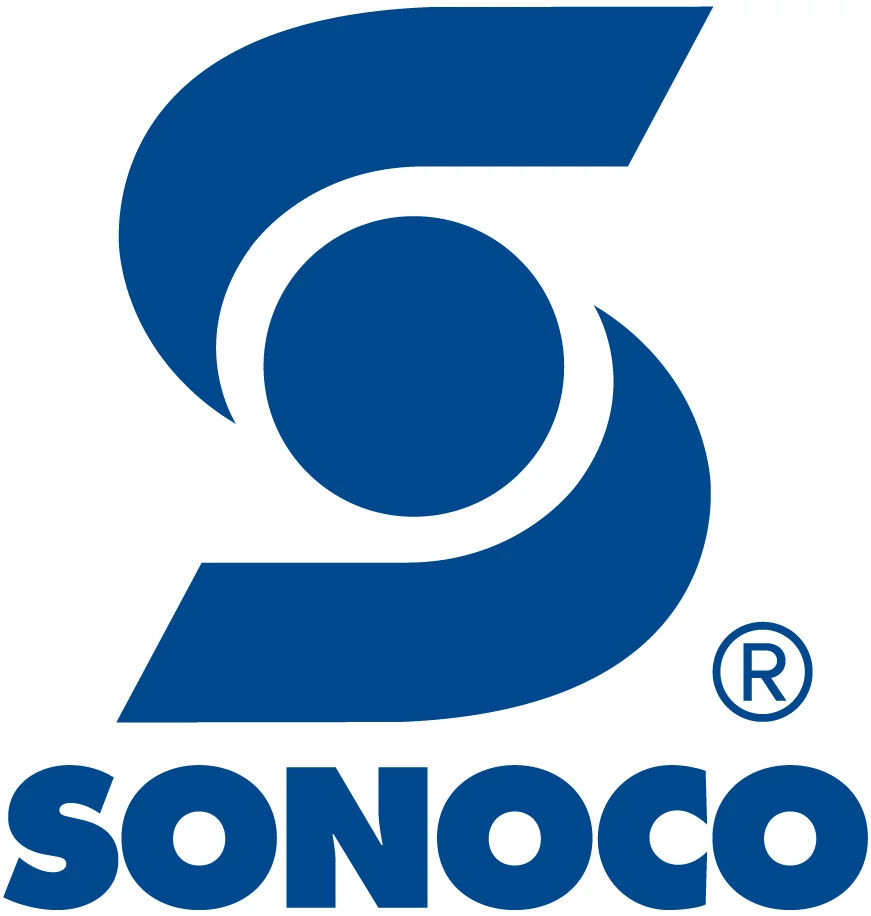
Manage Cookies
Your Privacy
Strictly Necessary Cookies
Sale or Sharing of Personal Information
Your Privacy
When you visit our site, we store cookies on your browser to collect information. The information collected might relate to you, your preferences or your device, and is mostly used to make the site work as you expect it to and to provide a more personalized web experience. However, you can choose not to allow certain types of cookies, which may impact your experience of the site and the services we are able to offer. Click on the different category headings to find out more and change our default settings according to your preference. You cannot opt out of our First Party Strictly Necessary Cookies as they are deployed in order to ensure the proper functioning of our site (such as prompting the cookie banner and remembering your settings, to log into your account, to redirect you when you log out, etc.). For more information about the First and Third-Party Cookies used please follow this link.
More information
Strictly Necessary Cookies
These cookies are necessary for the site to function and cannot be switched off in our systems. They are usually only set in response to actions made by you which amount to a request for services, such as setting your privacy preferences, logging in or filling in forms. You can set your browser to block or alert you about these cookies, but some parts of the site will not then work. These cookies do not store any personal data.
Sale or Sharing of Personal Information
Under applicable state privacy law, you have the right to opt out of the sale or sharing of your personal information to third parties. These cookies, as described below, collect information for analytics and to personalize your experience with targeted ads. You may exercise your right to opt out of the sale or sharing of personal information by using this toggle switch. If you opt out, we will not be able to offer you personalized ads and will not sell or share your personal information to third parties. You may exercise your privacy rights under applicable state privacy law by using this Exercise My Rights link. If you have enabled privacy controls on your browser (such as a plugin), we have to take that as a valid request to opt out of sales and sharing. Therefore we would not be able to track your activity through the web. This may affect our ability to personalize ads according to your preferences.
Targeting Cookies
labelThese cookies may be set through our site by our advertising partners. They may be used by those companies to build a profile of your interests and show you relevant adverts on other sites. They do not store directly personal data but are based on uniquely identifying your browser and internet device. If you do not allow these cookies, you will experience less targeted advertising.
Performance Cookies
labelThese cookies allow us to count visits and traffic sources so we can measure and improve the performance of our site. They help us to know which pages are the most and least popular and see how visitors move around the site. All information these cookies collect is aggregated and therefore anonymous. If you do not allow these cookies we will not know when you have visited our site and will not be able to monitor its performance.
